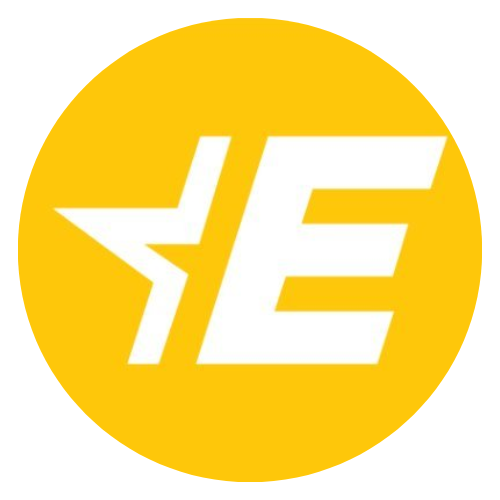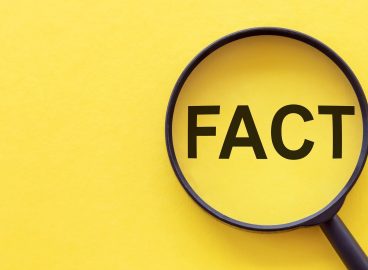The EU Left Watching from the Sidelines
Although the European Commission opened an official investigation into TikTok in February 2024 under the Digital Services Act (DSA) – focusing on the protection of minors – it has not publicly responded to the #SkinnyTok case.
France, meanwhile, took swift action. Last month, Clara Chappaz personally traveled to TikTok’s European headquarters in Dublin to meet with the Trust and Safety team. She was joined by top French regulators, including Martin Ajdari (head of Arcom, the media regulator) and Marie-Laure Denis (president of CNIL, the data protection authority).
Missing from the table? The European Commission. The only EU-level voice in the room was French MEP Stéphanie Yon-Courtin from the Renew Europe group.

